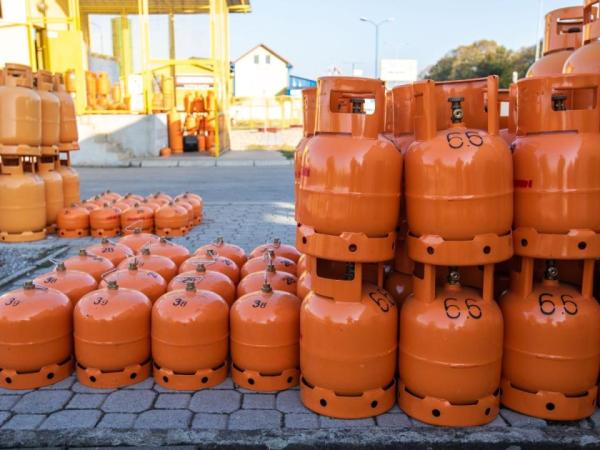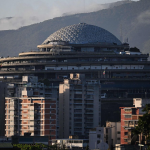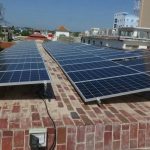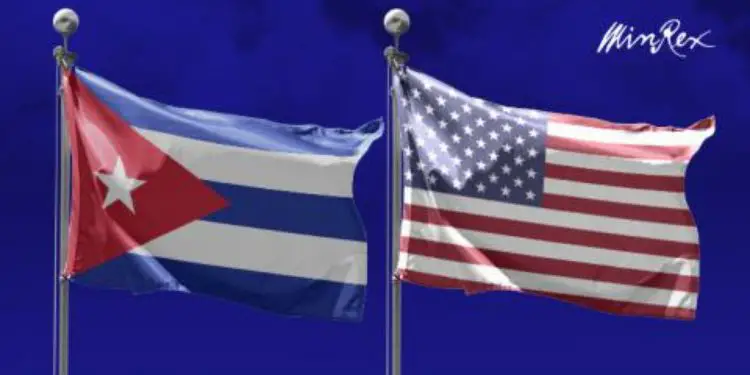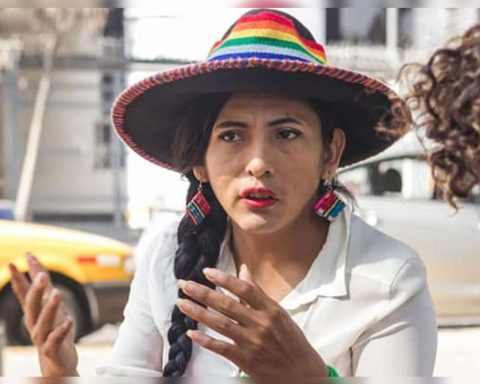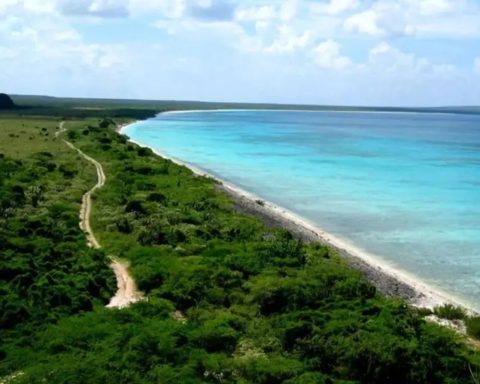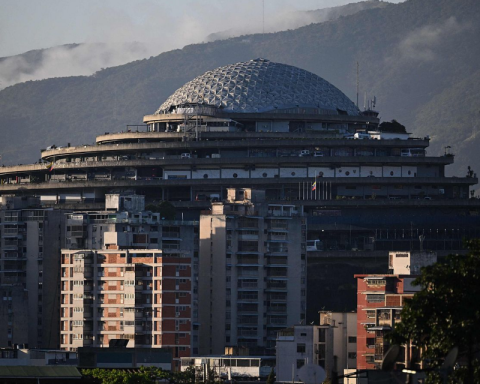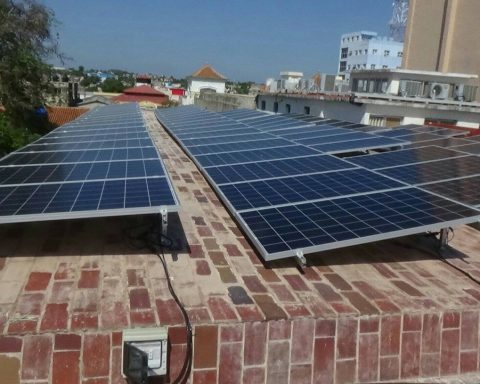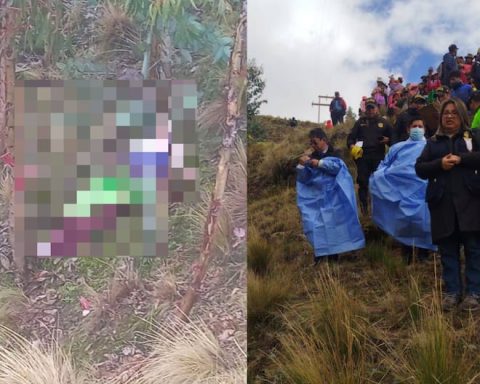In Colombia, about 1.3 million families cook using firewood or highly polluting fuels. This has a strong impact on environmental, economic and health costs, so the Energy Mining Planning Unit (Upme) made a Firewood Substitution Plan, in which it sets out goals and strategies to eliminate the use of these types of energy by 2050.
(See: Gasnova proposes gradual implementation of LPG subsidies).
Within the framework of this, Gasnova, a union of LPG distribution companies, presented four proposals to achieve the proposed objective by 2050. Within these is a targeting and gradualness in the expansion of subsidies for this energy.
For this he proposes five scaling scenariosin addition to the one initially proposed that required $400,000 million annually to extend the subsidy to strata 1, 2 and 3 throughout the country.
(See: 1.6 million households still use polluting sources for cooking).
Alejandro Martínez, president of the association, pointed out that the Ministry of Finance asked them for a series of staggered scenarios for the implementation of this proposal.
Using the conclusions of the Upme, the association proposes that for theThe departments with very high viability (Caldas, Cundinamarca, Huila, Risaralda, Sucre and Tolima) as a first line of action whose subsidy It would have an annual cost of $70,132 million.
In the case of highly viable (Boyhere, Cesar, Norte de Santander, Santander and Valle del Cauca) the fiscal cost would be $83,511 million and those viable (Antioquia, Bolívar, Caquetá, Córdoba, Chocó, Magdalena, Meta and Arauca) would cost $134,295 million.
(See: Colombia will continue with the exploration of liquid fuels and gas).
The fourth scenario is the mixture of the first two groups, which would benefit 2.68 million people, at a cost of $153,643 million and finally, the fifth is the sum of the three groups of departments that would require a fiscal effort of $287,938 million and would benefit 5.12 million Colombians. The second proposal is related to the supply of Ecopetrol, which is currently scheduled for six months, which does not allow distribution companies to have contracts for more than this time.
(See: Gasnova asks to create a LPG subsidy that would cost $400,000 a year).
Precisely with respect to the state oil company, the third point is also focused. Gasnova proposes that international prices be separated to define the local value. Martínez explained that since Ecopetrol is the producer of about 83% of the LPG, the fact that they are measured with the international price adds factors that do not represent the situation of the local market, which is aggravated by the variation of the dollar.
Last year, liquefied gas increased its price 2.4 times, going from $1,401 per kilo to $2,550, for these reasons.
One of the ideas put forward by the union leader is that a band be applied, with a competitive floor for production, but that it reaches a maximum that will not affect consumption dynamics.
“LPG consumers are very sensitive to prices, when it increases a lot, the purchase tends to decreaseMartinez explained.
(See: ‘People do not use LPG for luxury, but because there is no other option’: union).
The latest proposal is that in the existing urban natural gas networks, LPG distributors be allowed to compete by regulation. This would allow competition, and with it an improvement in price conditions.
With this, the objective is that 29.3% of the new homes connected to cleaner sources for cooking use LPG, while 24.1% do so with natural gas.
DANIELA MORALES SOLER
Journalist Portfolio
